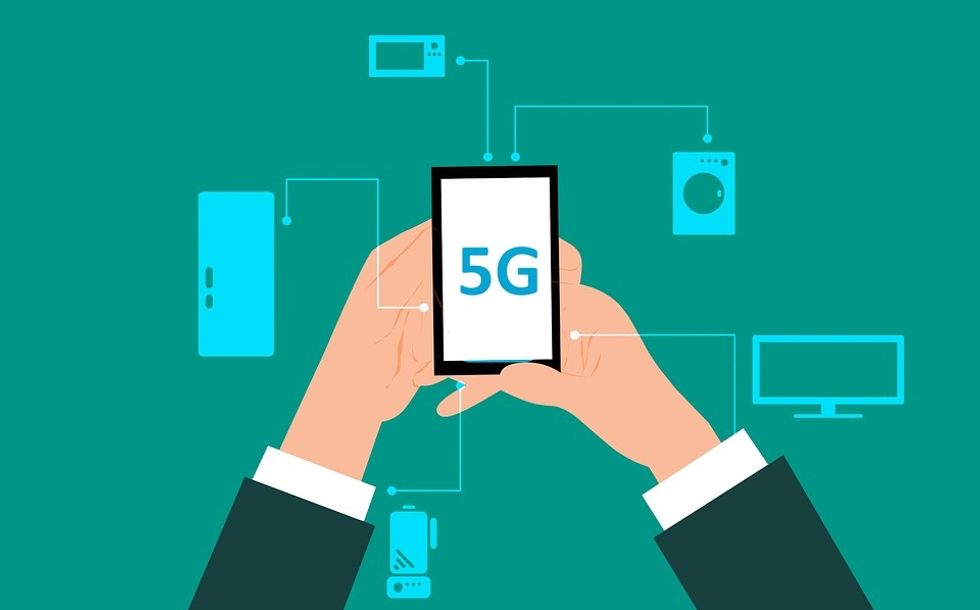All of us have experienced a moment where we are doing something on our phones and all of a sudden, your connection becomes spotty and you get really annoyed. Or a moment when we leave an area with WiFi and have music or a GPS running, and then it just stops working as it tries to transfer to mobile data. Maybe you are simply in an area with a weak connection, and maybe only a 3G connection or 2G connection is available.
Events like these may be soon behind us. With soon-to-be available 5G technology, connection issues between WiFi and 4G/LTE should be streamlined, connectivity should be amplified, and existing technology will be efficiently utilized to provide a better connection in weaker areas.
It is a given that a new generation of mobile networking should have faster speeds, but it is the actual speeds and the many other advantages it has to offer that that glorify this update. With new infrastructure, protocols, and software, 5G will offer speeds up to 10 Gbps, with a minimum of 50 Mbps. For comparison, the average mobile speeds right now are only 15 Mbps for 4G LTE. It is important to note that this is the average, not the minimum. In addition, the expected latency for 5G is 10 ms compared to current averages of 50 ms. That latency does not seem like a lot, but 40 ms is quite a difference as networking requires faster and faster speeds.
Most people think that this 5G is a replacement for LTE and previous network generations, but it is quite the contrary; it should be seen as a massive revamping of current systems and a vital upgrade that not only introduces a new system but makes existing generations like 3G/4G/LTE increase their range and effectiveness. And this improvement to existing systems will make connection much more widespread and effective, especially in areas that did not have the strongest connection before, plus the greatly improved download speeds in covered areas.
So when should you expect to see this new generation of networking technology? The current four major mobile carriers in the United States, Verizon, AT&T, T-Mobile, and Sprint, have plans to put 5G technology in place by the end of this year. So chances are that you will have access to faster download speeds, improved internet connectivity, and lower latency very soon.
The next level of mobile networks is right within our grasp and will provide huge and long-awaited improvement.

















